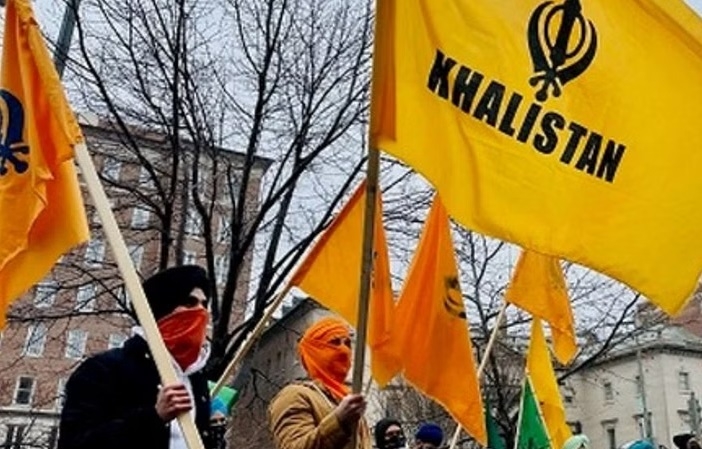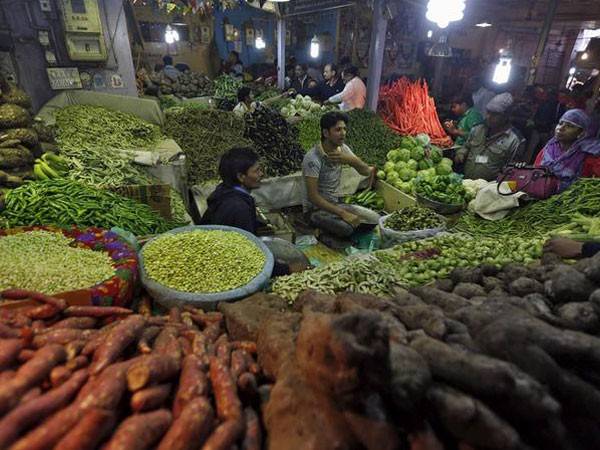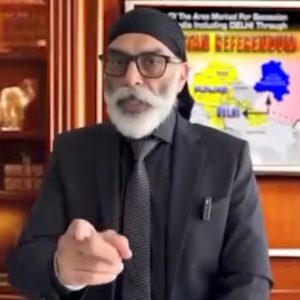When a Khalistan militant fails to further their agenda, they meet a grim end, leading us to ponder whether the slaying of Khalistan activists is an attempt to rid Pakistan of burdensome relics of the past….writes Antariksh Singh
Since its inception in 1947, Pakistan’s simmering rivalry with India has been persistent and pernicious. Its desire to see India destabilized has manifested in continuous attempts to undermine India, most conspicuously embodied in its ‘Bleed India with a thousand cuts’ strategy.
A conspicuous cog in this ongoing plot has been the deployment of Khalistani militants, who have been instrumental in Pakistan’s machinations since the 1980s.
Pakistan’s Inter-Services Intelligence (ISI) has incessantly sought to exploit Sikh militancy, either by dispatching these insurgents into India, complete with weaponry and explosives, or by providing them refuge to design and execute malevolent schemes.
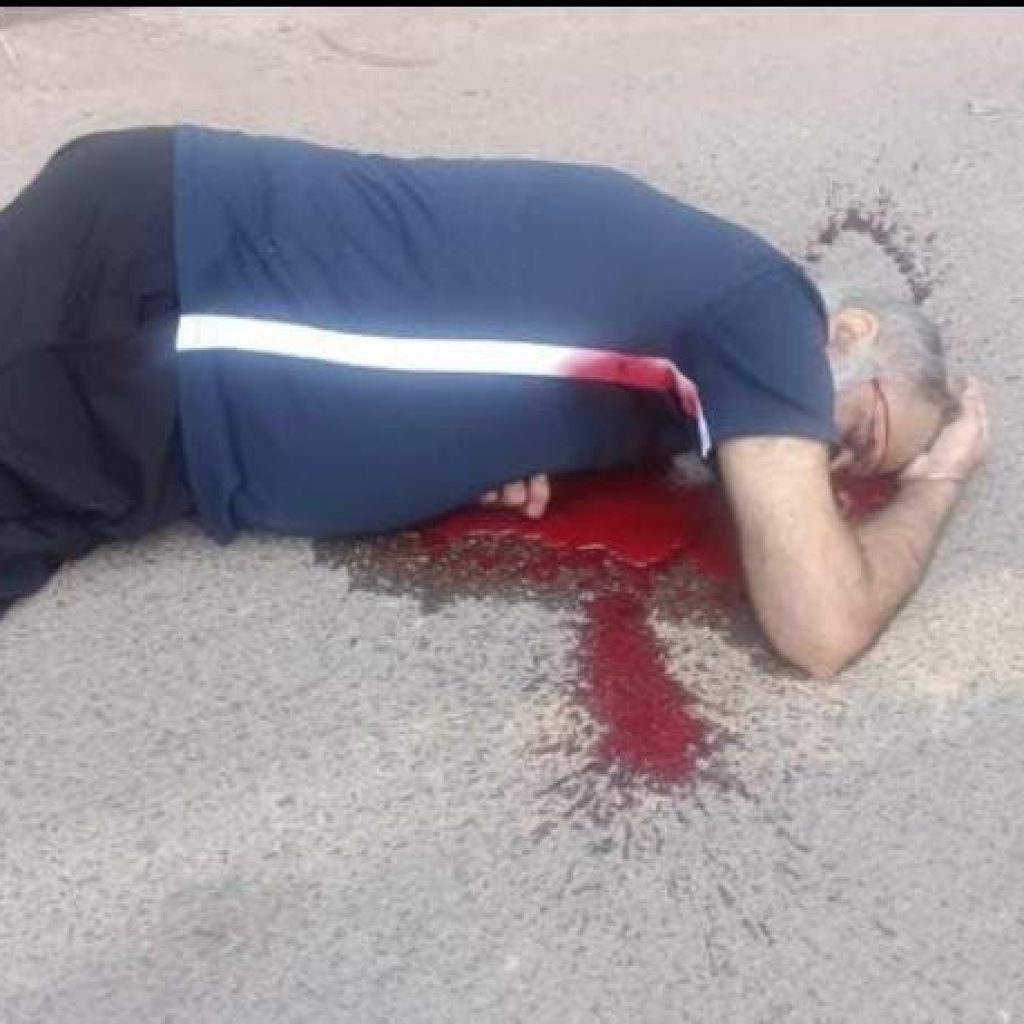
Contrary to popular belief, however, these Sikh militants are not living lavish lives in Pakistan but are instead shackled in gilded cages, their existence monitored by the ISI, and their actions governed by its will.
The leading figures of Sikh militant groups, including Babbar Khalsa International (BKI), International Sikh Youth Federation (ISYF), Dal Khalsa International (DKI), and Khalistan Zindabad Force (KZF), currently reside in Pakistan. Yet, their safety is far from assured. Recent incidents, such as the assassination of Khalistan Commando Force (KCF) Chief, Paramjit Singh Panjwad, and the death of Harvinder Singh Rinda, a gangster-turned-terrorist, underscore the precarious nature of their existence.
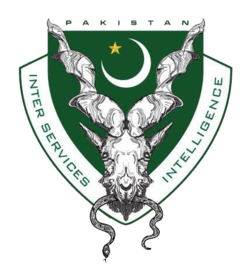
It is undeniable that Pakistan, specifically its ISI, has no genuine concern for the welfare of Khalistan and Sikh militants. Their primary intent is to foment instability within India by exploiting these individuals. When a militant fails to further their agenda, they meet a grim end, leading us to ponder whether the slaying of Khalistan activists is an attempt to rid Pakistan of burdensome relics of the past.
In a renewed effort to incite terrorism in Punjab, Pakistan is cunningly seeking to provoke Sikh youth under the guise of Khalistan. Certain Khalistani factions abroad are orchestrating this under the direction of the ISI. The financial fuel for these terror activities is procured through drug trafficking, converting these militants into unwilling drug peddlers. This tragic irony taints Sikhism, a faith vehemently opposed to drug abuse, and tortures the militants mentally, compelling them to ensnare their youth in the addiction abyss.
Further illustrating its indifference towards the religious norms of Sikh militants, Pakistan imposed restrictions on Sikh participation in the funeral of Paramjit Singh Panjwad. Similar restrictions were placed on other militants, denying them the freedom to leave Pakistan or even meet their families during significant personal events.
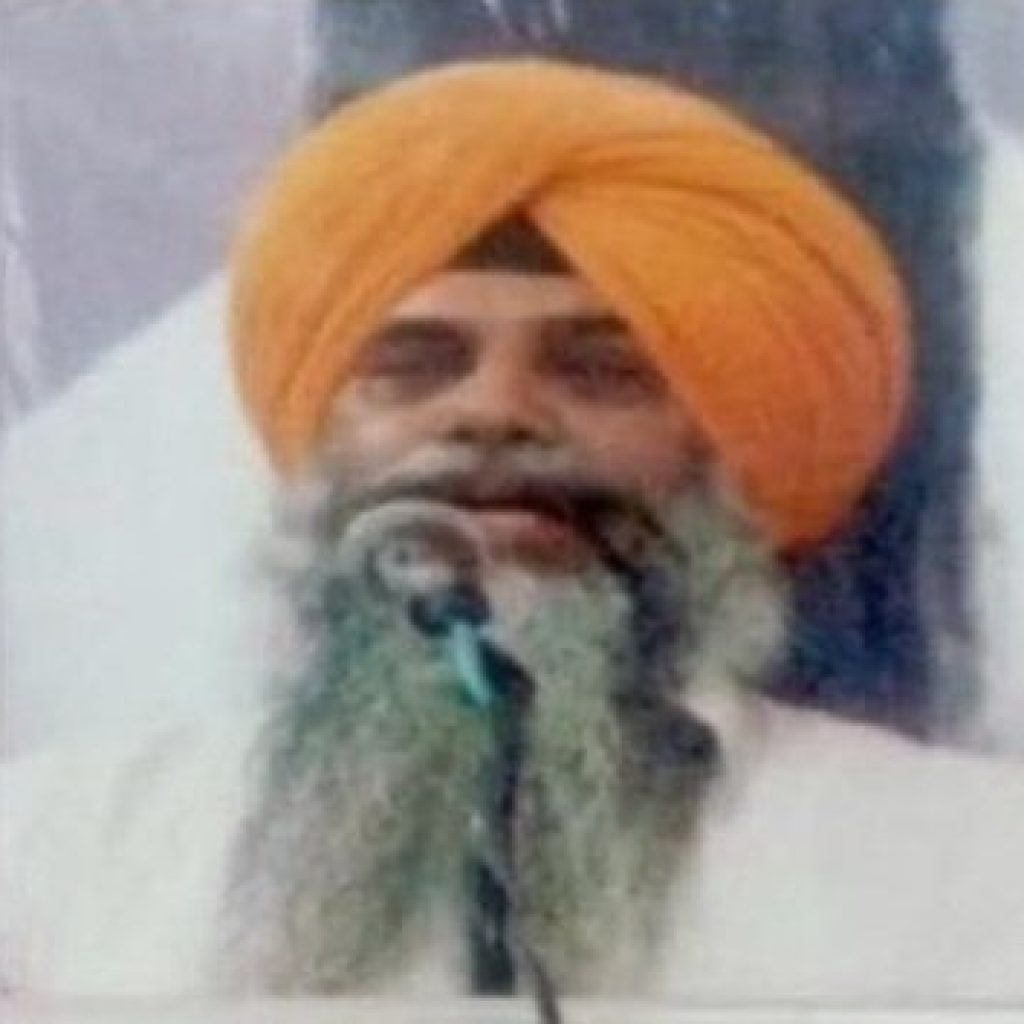
Had these Khalistani leaders faced justice in India, they might have been afforded opportunities to openly meet their families, even if incarcerated. Their release, upon completion of their sentences, would have been a possibility. Sadly, those who have crossed the border face an unending struggle with isolation and manipulation.
Once perceived as the lifeline of the Khalistani movement that sprouted in the 1980s, Pakistan’s facade has gradually crumbled. The Pakistan Sikh Gurdwara Management Committee (PSGPC), a puppet in the hands of ISI, uses Sikhism as a tool to create divisions within India, demonstrating complete indifference towards the faith and its followers residing in Pakistan.
Sikh militants seeking refuge in Pakistan have remained silent about the treatment of Sikhs in Pakistan, forced conversions, attacks on Gurdwaras, and the dwindling Sikh population. Their silence is a testament to the reality of their existence – suppressed, manipulated, isolated, and discarded when no longer deemed useful. Pakistan’s handling of these militants serves as a stark reminder of its relentless pursuit of destabilizing India, even at the cost of human dignity and lives.
The indifference and pain of these Sikh militants, who are serving a kind of imprisonment in Pakistan, have been described by Gajinder Singh, the leader of the Dal Khalsa, in his latest poem:
Dard tan jhelna hai eh
Jalavatni kaho jan jail
Eh hai tan umar bhar da khel
Khel tan khelna hai eh
Dard tan jhelna hai eh
Sade hisse dard jhelna hi aaya hai
Dard kehna/dasna/sanjha karna nahi aaya
Kehn nu tan mere kol bahut kujh hai
Par kujh kehn nalon sehna bahut aukha hunda hai, par asi sehna hai.
Par ik gal jaroor kehni chahanga, asi eh dard maan nal jhal rahe han te jhalange


